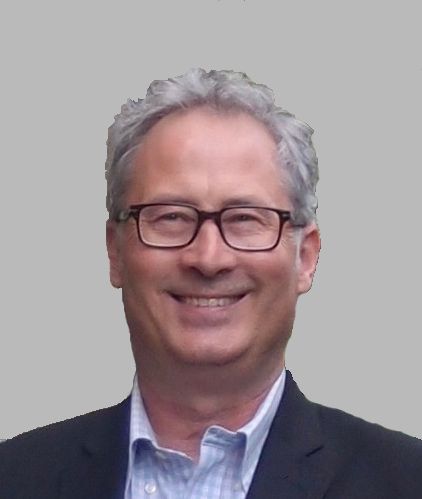Steer Davies Gleave is pleased to announce the appointment of Dr. Mark Matthews who joins the firm as an Associate within our new economic development business.
Mark has over 25 years of experience working at the interface of science, innovation and economic development and has a particular interest in risk management challenges in the innovation process.
Prior to joining Steer Davies Gleave, Mark ran his own small consultancy company specialising in public policy work. Mark has also held research and senior management positions in academia together with senior roles in the consulting sector in the UK and in Australia.
Whilst working in Australia, Mark headed-up a science diplomacy unit jointly funded by the European Commission and the Australian Government (promoting stronger EU-Australia science and innovation cooperation). He also was the Founding Director of a government-funded public policy think tank located in The Australian National University.
His career highlights and achievements are many. He has sat on a range of government advisory committees, chaired high-level strategic dialogues, and co-led a path-breaking joint government-academic team in Australia which researched and wrote a state government economic development White Paper on the ‘Asian Century’. He also developed the format and co-produced the Australian Broadcasting Corporations’ Future Forum television series, teaches capacity-building courses for government officials, and has participated in a wide range of evaluations and reviews of government interventions.
At Steer Davies Gleave, Mark will make broad-ranging contributions to the firm’s new integrated economic development practice, with a particular emphasis on strategy development, evaluation, and capacity-building work as they relate to science, innovation and technology.
Simon Pringle, Director at Steer Davies Gleave, said “I am delighted to welcome Mark to our growing integrated economic development team. He brings a rich mix of UK and international experience in the science, innovation, and technology arenas, and will play a key role in developing our work with higher education, science-rich businesses, and public policy departments dealing with national knowledge economy agendas.”
